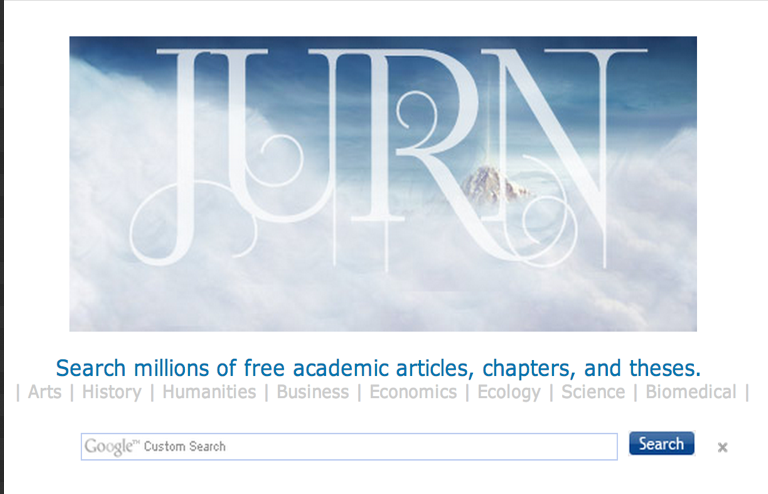November 7, 2014
InstaGrok is an interactive search engine that allows students to search for any topic in a visually engaging way. When students conduct a search query, InstaGrok finds the relevant information related to that query and present it in the form of interactive concept maps (grok). Using InstaGrok, students will be able to explore educational content including videos and images, evaluate sources, collect evidence and use it to craft a search report.
InstaGrok also allows students to take notes while researching a topic and provides teachers with a section where they can review students work and create new assignments together with the ability to guides students throughout their research project. Watch the videos below to learn more about InstaGrok.
1- How to Use InstaGrok with students in class , by Pascale Ngo
2- Instagrok demo
InstaGrok is an interactive search engine that allows students to search for any topic in a visually engaging way. When students conduct a search query, InstaGrok finds the relevant information related to that query and present it in the form of interactive concept maps (grok). Using InstaGrok, students will be able to explore educational content including videos and images, evaluate sources, collect evidence and use it to craft a search report.
InstaGrok also allows students to take notes while researching a topic and provides teachers with a section where they can review students work and create new assignments together with the ability to guides students throughout their research project. Watch the videos below to learn more about InstaGrok.
1- How to Use InstaGrok with students in class , by Pascale Ngo
2- Instagrok demo









































